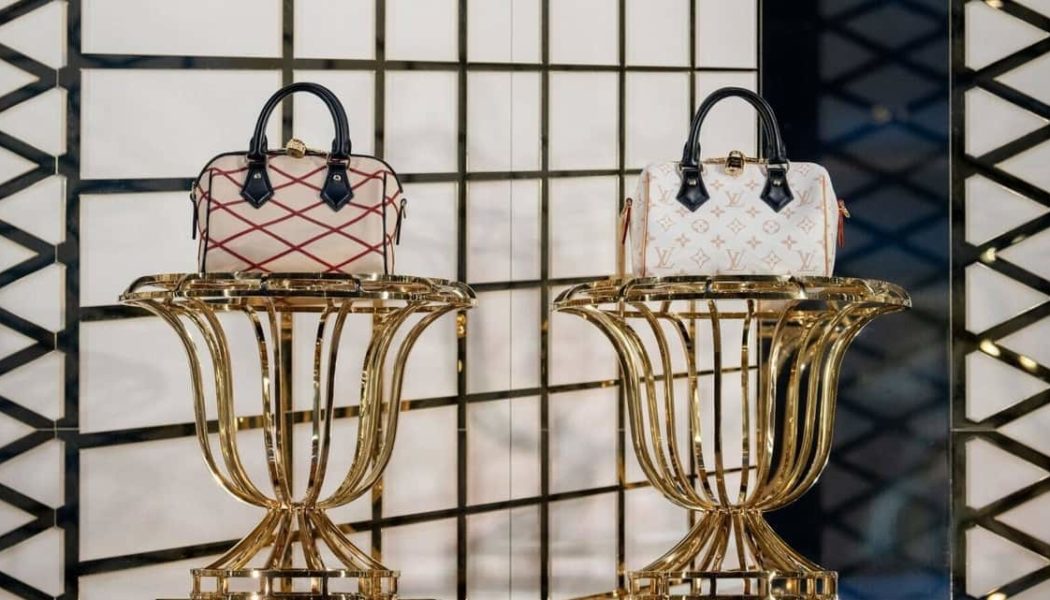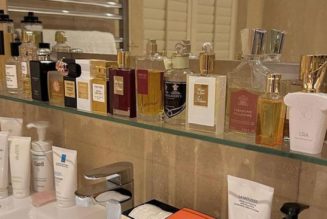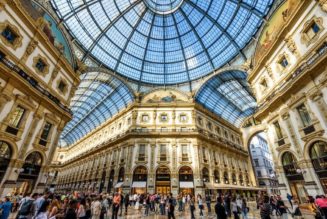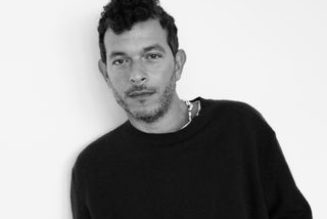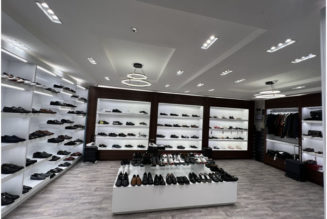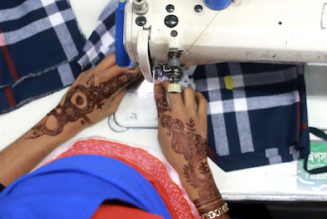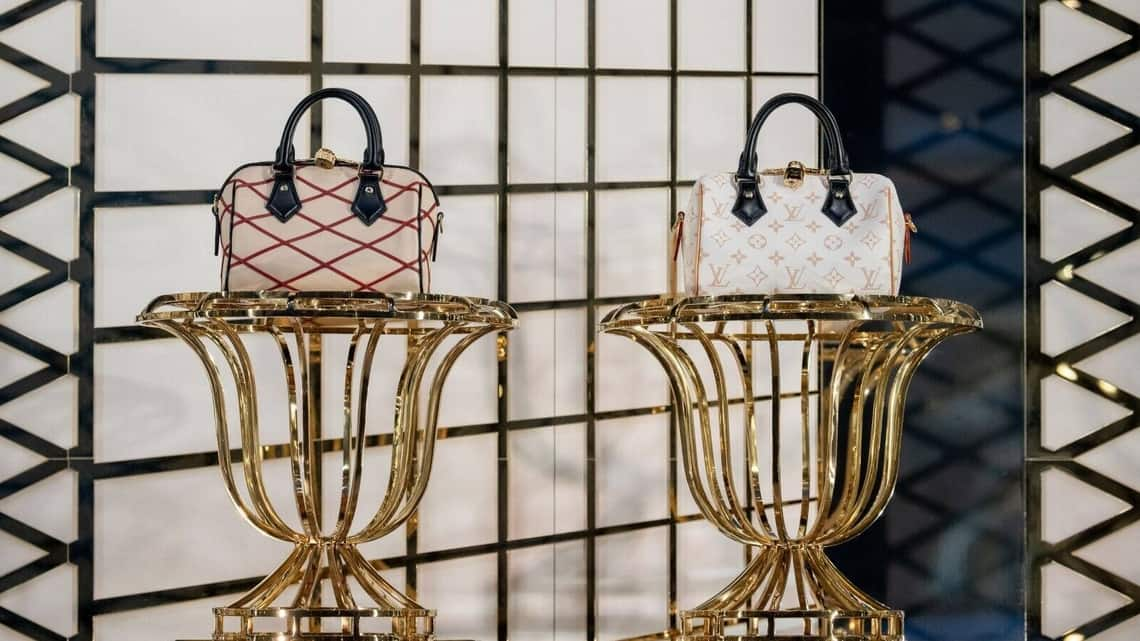
The world’s biggest luxury company, LVMH, says it’s seeing a rise in sales, as shoppers treat themselves to handbags and champagne
LVMH’s sales rose at the end of last year as wealthy shoppers treated themselves to the group’s pricey handbags and Champagne, a sign of resilience at the world’s largest luxury conglomerate.
The shares rose the most in 15 years, adding about €43 billion ($46.8 billion) to the company’s market value.
Revenue grew 10% on an organic basis in the fourth quarter of last year, the Paris-based company said, surpassing estimates and reassuring analysts and investors. LVMH, with 75 brands including Louis Vuitton and Christian Dior, is widely considered a bellwether for the industry.
Billionaire Bernard Arnault, the group’s chief executive officer, said he was “very confident” for this year.
Management’s upbeat tone “supports our view that 2024 could be a smooth rather than difficult year of normalization for LVMH,” Citigroup analyst Thomas Chauvet wrote in a note.
The post-pandemic boom that for a time made LVMH Moët Hennessy Louis Vuitton SE Europe’s most valuable company lost steam in the second half of last year as inflation took hold. But results from LVMH and Cartier owner Richemont earlier this month suggest the strongest brands weathered the crucial holiday shopping season.
LVMH shares surged by as much as 13%, leading a broader rally for luxury peers from Gucci owner Kering SA to Moncler SpA.
Key Units
Sales at LVMH’s key fashion and leather goods unit increased by 9% last quarter on an organic basis. The wines and spirits unit, with brands such as Moët & Chandon Champagne and Hennessy Cognac, unexpectedly grew following two straight quarters of declining sales.
Chief financial officer Jean-Jacques Guiony said the worst for the Cognac business is “likely behind us,” with China in particular still absorbing high levels of inventories following the lockdowns of 2022. Shares of Remy Cointreau SA also surged on Friday after the distiller said it would cut costs by €100 million ($108 million) to protect its profitability following a decline in sales.
Guiony said LVMH was able to manage its costs, helping profitability.
Business is now normalizing after an “exceptional” period of growth after covid, he said. “We’re leaving this period with favorable growth levels.”
LVMH managed to “calibrate” its marketing costs well, the CFO said, citing reduced media buying as an example. “We didn’t do anything drastic or horrible but we managed.”
Asia excluding Japan saw quarterly organic sales growth of 15%, while the US recovered sequentially to 8% growth, up from 2% in the previous three months.
Guiony said LVMH has yet to see the return of mass-market Chinese tourists to Europe, but the group is benefiting from strong levels of spending from very wealthy Chinese travelers in major cities like Paris.
Profit from recurring operations for the year beat estimates, rising to €22.8 billion. LVMH doesn’t currently plan further price increases for 2024, Guiony said.
Arnault said that his sons Alexandre and Frederic will be named to the company’s board, where they will join two of his other children, daughter Delphine and son Antoine.
The entrepreneur has been grooming his children to potentially lead the luxury empire he founded, and all five currently have roles at the company.
Arnault also said he has no plans to spin off assets. “I would never consider this,” he said, since “the group is built on a diversity of labels.”
